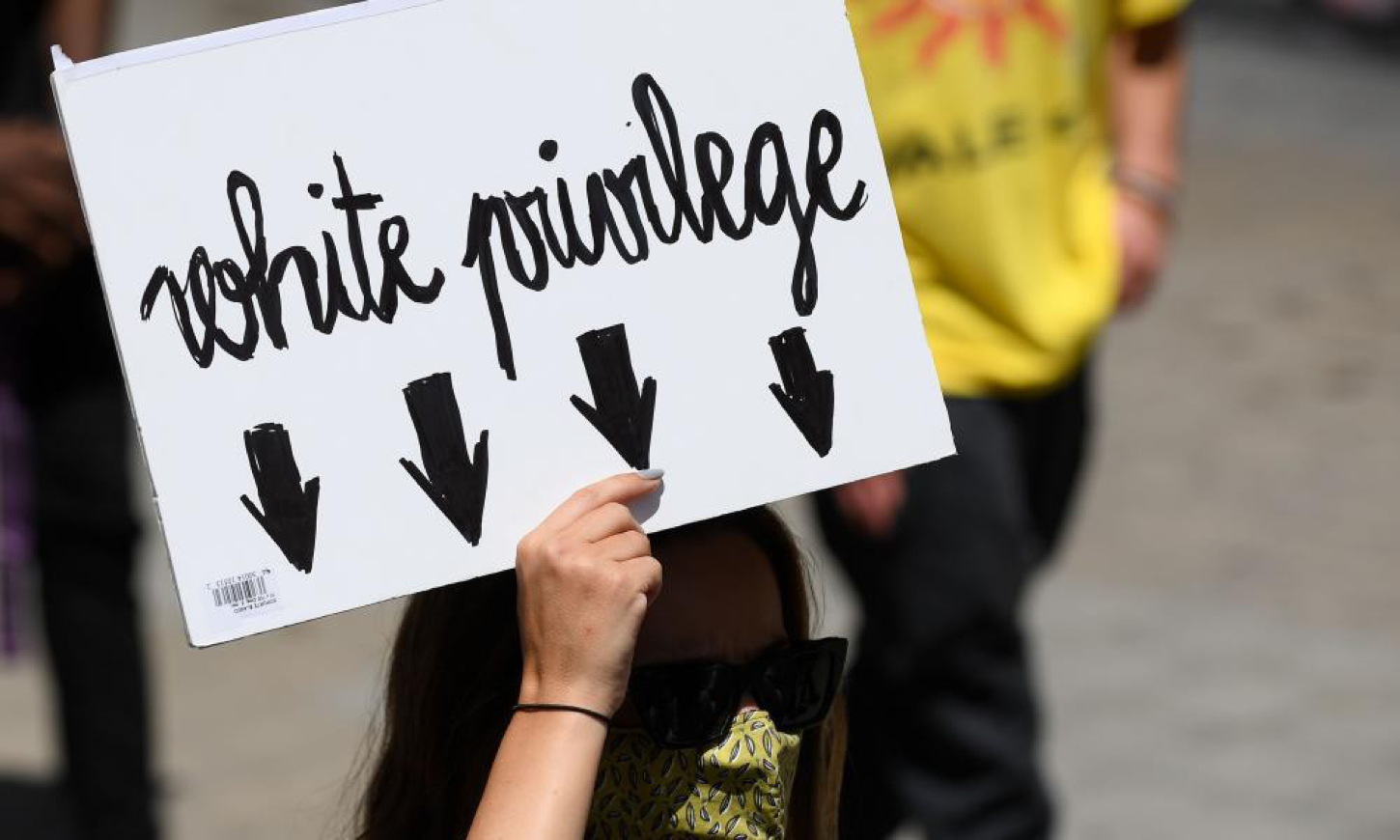On Monday evening, Atlanta megachurch pastor Louie Giglio apologized for calling slavery a blessing. In an online church service, he was apparently aiming to have an “honest conversation around how racism has plagued our city for generations”.
Then he said: “We understand the curse that was slavery, white people do, and [we] say ‘that was bad’. But we miss the blessing of slavery, that it actually built up the framework for the world that white people live in and lived in.”
Giglio has since apologized for the comments. He said his wording was wrong but the sentiment was right. “Not seeking to refer to slavery as a blessing – but that we are privileged because of the curse of slavery … word choice wasn’t great,” he said in his apology.
The idea that we need to have a “balanced view” on slavery is not new. It is the same argument that is rehashed every time a Confederate statue is targeted or pulled down, contrasting the historic figure’s involvement with slavery with their philanthropic efforts, or their exploration feats. It is apparent in the pros and cons lists that continue to crop up whenever a slave owner is discredited: Britain’s Cecil Rhodes was apparently “bad” for colonizing parts of Africa, but that can be balanced out by his “good” – a scholarship which benefited “brilliant young students”, such as Bill Clinton – or so the argument goes. White supremacists have also used that argument: witness Richard Spencer trying to tell former Guardian journalist Gary Younge that Africans benefited from white supremacy.
Giglio said he wanted to help those white people who feel a “fuse go off” when accused of white privilege. “They don’t want somebody telling them to check their privilege,” he said. But to coddle those people he misses the point. Nobody needs a new term – the counter-narrative already exists.
But people have often derailed meaningful conversations about race by fighting over words. It is why people argue over what the term “racism” actually means. Some say a hatred or dislike of a person based on their race is required for something to be racist. By that definition, only the most egregious examples count. Never mind if you’re paid less for doing the same job because you’re black – it’s not racist if your boss thinks you’re a really nice guy.
Similarly, in arguments over race, the term “white supremacy” has long been used by sociologists and anti-racist activists to describe what it says on the tin: a society in which white people are seen as superior. But some take umbrage at this: most people, after all, equate “white supremacy” with the Ku Klux Klan, or the events which unfolded at Charlottesville, Virginia. But by ignoring that systemic feature of racism, it allows those who benefit from racism to wash their hands of it, maintaining a system that keeps brown and black people suppressed.
Words matter, and Giglio’s wording was much more than a “poor word choice”. It was a powerful man trying to rebrand white privilege to make everyday racism more palatable.




